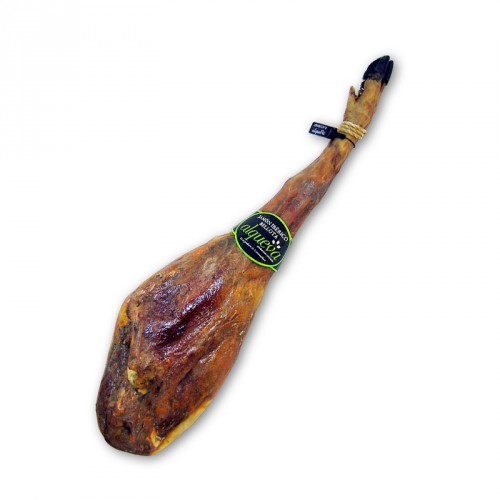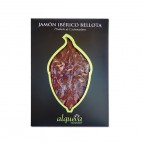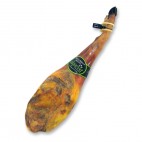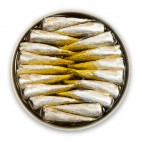Iberian acorn cured ham... Unique
- Remove this product from my favorite's list.
- Add this product to my list of favorites.
- Send to a friend
Iberian acorn cured ham... Unique
Unique, like the careful process of artisan elaboration. The Iberian race and the best acorns are two authentic jewels given by Nature, and put together become invaluable pieces of a rare collection. To know this Iberian ham is to unveil the secret delight of a genuine Spanish tradition. A unique experience to be enjoyed only by the most demanding palates.
Iberian acorn cured ham · Curing time 34 months · Weight 8-8,5 Kgs approx.
No reward points for this product because there's already a discount.




























Why in GourmetVip - Ibéricos Dehesa Extremeña
No customer comments for the moment.